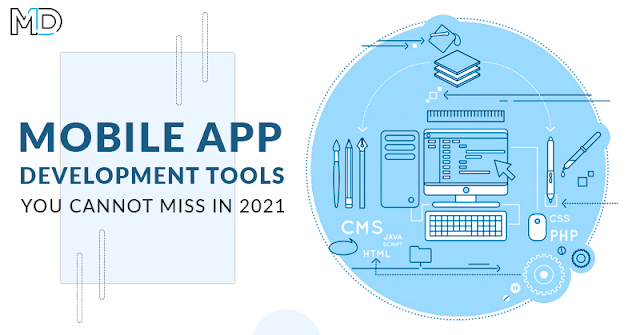Hybrid Vs Native Apps: Which One Should You Choose
For more than a decade, mobile apps have been the driving force behind innovation. With the growing popularity of smartphones, many businesses are implementing mobile app integration into their workflow to expand their market reach. As an entrepreneur, when it comes to creating a mobile app for your business, these 2 points are must to consider-
1). Do you want to dazzle and enchant your users by creating a
completely native app that runs on a single platform either Android or iOS?
2). Are you more interested in designing a hybrid application
that can be launched across multiple platforms using the Minimum Viable Product
approach?
Native apps are Smartphone apps that are tailored to run on a
specific operating system, such as iOS or Android. When we think of Smartphone
apps, this is usually what comes to mind. They can be put on a Smartphone after
being downloaded from the App Store or Google Play. Native apps are created for
individual devices, as opposed to mobile web and hybrid apps. Java is used
in Android app development, while
Objective-C or Swift is used in iPhone apps. When it comes to user experience,
the advantage of using a native app is that it is the quickest and most
reliable.
- Native
mobile apps are fast and precise. It not only makes things faster but also
gives users access to all of the native UI elements and layouts. An iOS
app created in Swift will not work in Android and vice versa. If you want
to launch your app on both iOS and Android, you'll need to design
especially for each platform, which will cost more money and require a larger
team.
- Native
apps have numerous codebases because each device will have its own version
of the program, i.e., the coding for Android and iOS will be different.
- A lot of effort is spent on several fabrications by mobile app development companies for different platforms with every feature update, resulting in a greater cost because more developers are required to construct and maintain a code base for each platform.
Hybrid app
Hybrid apps mix native and web app functionalities. They are available for download from app stores and can be viewed via a web browser. Like web apps, they're coded in HTML5 and JavaScript. They're mostly just web pages wrapped in a WebView-enabled mobile app. They can, however, use a device's built-in features. React, Ionic, Sencha, and Xamarin are some of the cross-platform frameworks used. Hybrid apps have the advantage of being simpler and faster to create than native apps. They're also easier to keep up with. Your hybrid app's speed, on the other hand, is fully dependent on the user's browser. As a result, hybrid apps will nearly never outperform native apps in terms of performance.
Features
- Because
they have a common code base, they can run on both Android and iOS. It may
also be used on a wide range of devices because of its consistent user
interface (UI).
- Because
developers just have to generate one codebase hybrid application creation
and maintenance (which includes updates and changes) are quicker.
- Because
hybrid apps have a single code base, they are more cost-effective than
native apps because they take less time to develop and don't require as
many developers.
A fair comparison between Hybrid and Native apps
In comparison to native apps, hybrid apps require the least amount of time to design and cost less. Building hybrid software requires only one piece of code to be maintained, whereas for native code you have to hire mobile app developers for each platform. However, this does not negate the fact that native apps have their own benefits.
Native apps offer the best user experience because they are developed exclusively for a single app store where the finest suitable apps can be found. The screen size, as well as the hardware capabilities, has been taken into consideration. With hybrid apps, providing a decent experience across multiple platforms is impossible with only one application code.
Because native applications have the finest user interface, paid
apps should be designed as native applications, while free apps should be
produced as hybrid apps.



Comments
Post a Comment